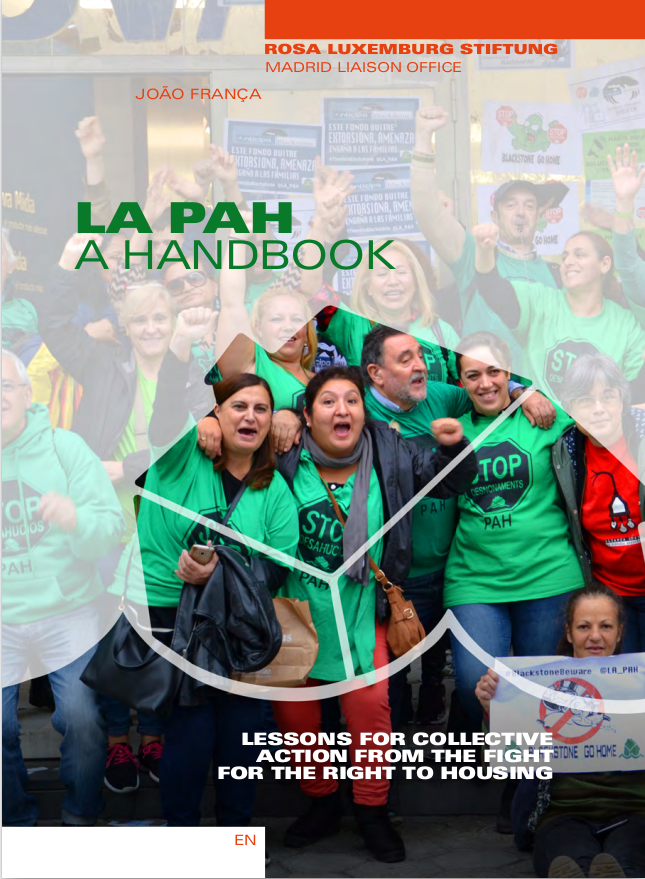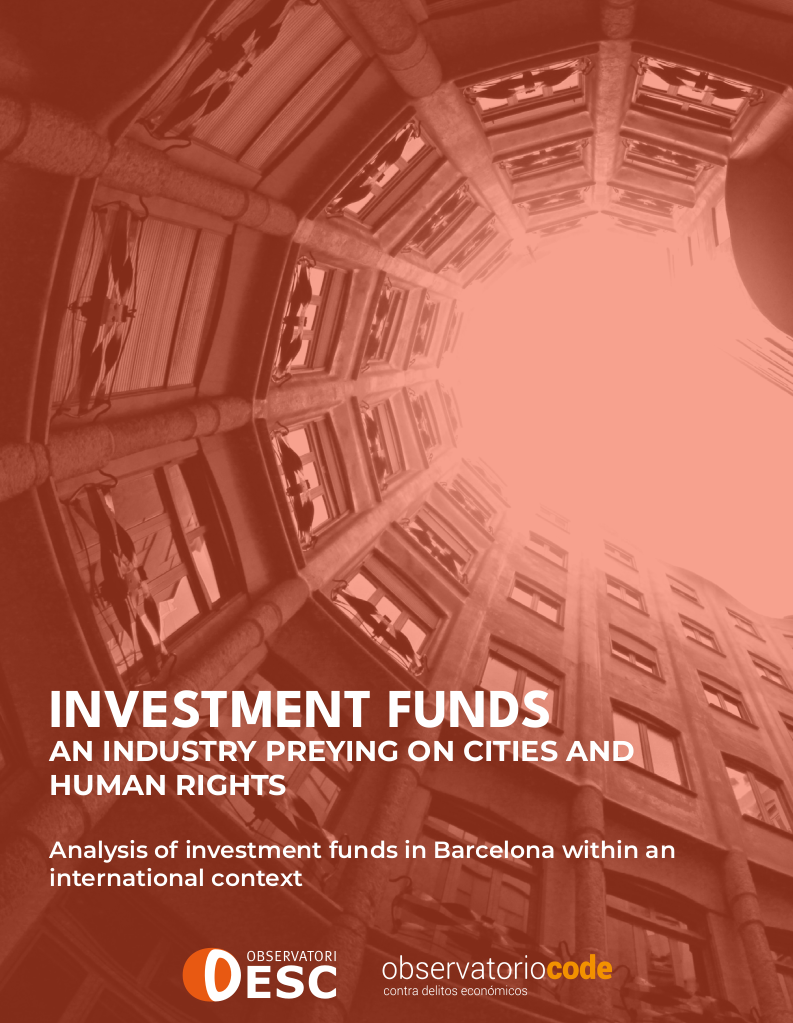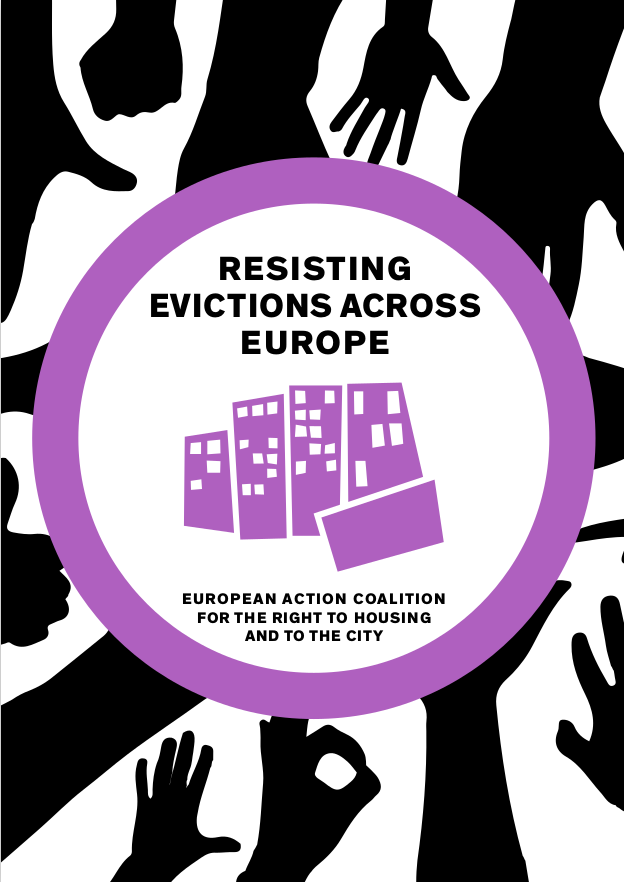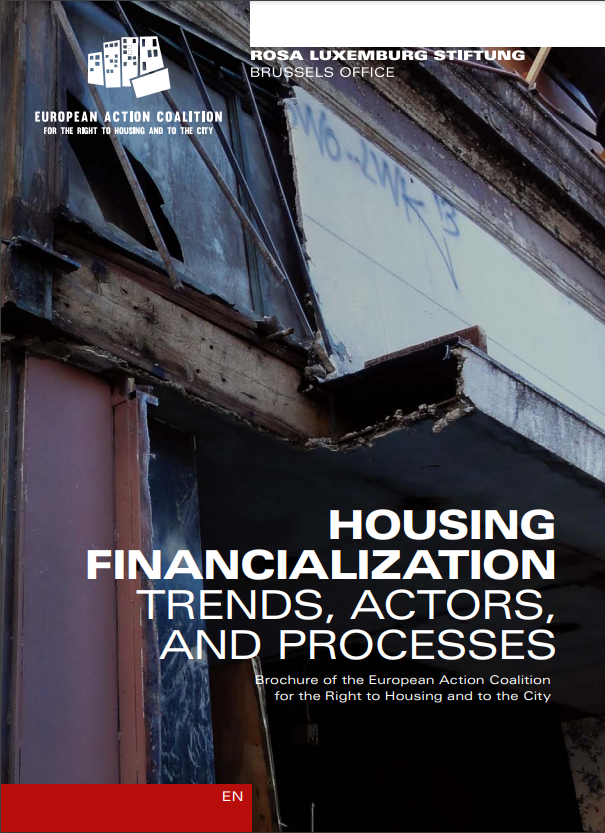Getting ready to chase vampires
Imagen en acción 2012
Articles
They are extraction funds, not investment funds! The discursive traps of financial capitalism
Planetary Inequality, Extractive Funds and Redistributive Taxation
Training Videos on Alternative Economies
Alternativas económicas s a magazine dedicated to exploring economic issues with rigor, independence, and a commitment to education, always focusing on the interests of citizens. Most everyday issues—such as pensions, education, healthcare, the climate emergency, prices, wages, mobility, and caregiving—have an economic foundation.
The magazine advocates for a social economy that prioritizes people over profits, supports environmental sustainability, promotes gender equality, and strengthens a Europe rooted in solidarity and peace.
Reports

The PAH User Manual: Lessons for Collective Action from the Fight for Housing Rights
Sixteen years of peaceful civil disobedience, legislative proposals, and proof that organized citizens hold far more power than we’re led to believe.
Our struggle isn’t just local, but international. Many of the forces we oppose are global actors. Housing worldwide is being financialized, twisted to follow the harshest rules of capitalism, where it’s seen as an investment to speculate on rather than a human right to protect. This fight must be global, only together can we ensure that housing remains a right, not a commodity. United, we will prevail.

Vulture Funds: A Predatory Industry Targeting Cities and Human Rights
This report provides an in-depth analysis of the structure and operations of investment funds, often referred to as “vulture funds,” which have increasingly colonized real estate markets across European cities.
“Large global real estate operators, particularly vulture funds and asset-holding companies, operate with low visibility and limited traceability, as much of their activities, business networks, and relationships remain hidden from public view.”(Manuel Gabarre).

Resisting Evictions across Europe
Neoliberal and austerity policies, combined with the financialization of housing markets since the 1980s, have derived on what is now recognized as Europe’s most severe housing crisis in the past 70 years.
Following the burst of real estate bubbles and the collapse of financial markets in 2008, mass evictions became the emblematic symbol of this crisis—and once again a focal point for urban social movements. The iconic red Stop Desahucios (“Stop Evictions”) sign, created by Spain’s Plataforma de Afectados por la Hipoteca (PAH), has spread to cities across the world, becoming a powerful symbol of the fight against evictions throughout Europe.

The Financialization of Housing: Trends, Actors, and Processes
We recognize that financial capital has gained significant ground in progressively transforming housing into a commodity for speculation. This transformation is a key aspect of the financialization of housing, marked by the growing influence of financial actors in housing production and exchange, as well as shifts across markets, the state, and households.
Yet, we also recognize that even as housing becomes a financial asset, traditional capital accumulation through exploitation continues to operate in housing production. As we observe how capital accumulates through housing, and how financialization affects the regime of private property—impacting homeownership, private rentals, and even social housing—we are compelled to question how this process intersects with other forms of capital accumulation within contemporary capitalism.

Prices Rise, People Arise — How Housing Movements Reacted to the Cost-of-Living Crisis
This booklet, product of our internal research, is more than an educational tool: a catalyst for future struggles. It has a threefold objective:
First, to empower individuals active in grassroots movements with radical knowledge rooted in the social fabric. Second, to provide our active members with a clear picture of what is happening across various European contexts.
Finally, to encourage and facilitate an exchange of ideas for action among movements and to share information about the struggles that have taken place from 2022 to the present.
¡Sí Se Puede! Seven Days at PAH Barcelonana
This documentary is a tribute to PAH Barcelona and the movement as a whole. Yes We Can: Seven Days at PAH Barcelona captures the everyday life of the Platform of People Affected by the Mortgage (PAH) in Barcelona, depicting a week in their relentless work. Through concrete, everyday moments, the documentary showcases the complexity and diversity of a movement that has spread across the country. A movement that poses a significant challenge from civil society to government policies and financial institutions in the wake of the economic and human devastation caused by the burst of real estate bubbles.
Seven interviews, combined with footage gathered over more than a year, guide the viewer through PAH Barcelona’s weekly activities, illustrated through concrete examples and narrated through many anecdotes. These activities range from Welcome, Coordination, and State Assemblies to the Mutual Aid Group, the Social Work Campaign, and meetings and actions with banks. By taking viewers inside the organization, this documentary reveals not only the drama but also the tremendous, often invisible work that powers PAH. It highlights the transformative journey and empowerment of those who make up this vital movement.
